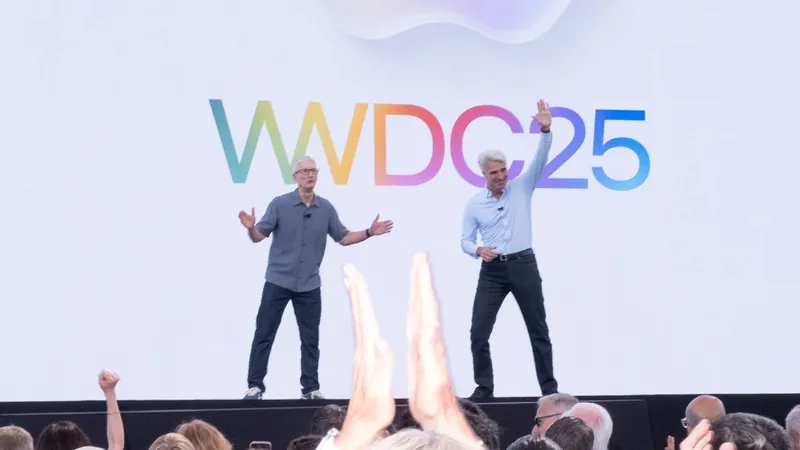
From Buzz to Biowaste: How Flies Are Revolutionizing Food Waste Management
2025-05-15
Author: Benjamin
A Game-Changer in Food Waste Solutions
As global food waste continues to soar, innovative strategies are urgently needed to tackle this growing issue. Enter the remarkable black soldier fly—a tiny insect with a mighty impact on waste management.
Transforming Waste into Treasure
Purdue University's Laura Ingwell has embarked on groundbreaking research showcasing how black soldier fly larvae can swiftly convert organic waste into nutrient-rich compost and animal feed. Unlike traditional composting methods, which can be slow and inefficient, these larvae thrive on an impressive range of waste materials. They can munch through everything from meat and dairy products to even pesticide-laden scraps, all while significantly reducing harmful bacteria and chemicals in the process.
Innovations for Urban and Small Farms
Ingwell’s research zeroes in on making this fly-rearing technique accessible for small-scale farms and urban gardens, particularly in colder climates where survival of the larvae can be tricky. Her team is actively working on developing specialized insulated compost bins to ensure these little powerhouses can flourish, even in less-than-ideal weather.
A Global Impact in Sustainable Practices
Beyond local initiatives, Ingwell is making waves on the international stage. She has collaborated with farmers in Timor-Leste to establish a sustainable ecosystem: feeding food waste to black soldier flies, harvesting the larvae for fish feed, and ultimately boosting local food security. This circular approach not only reduces waste but also provides essential nutrients to communities.
The Future of Waste Management: Black Soldier Flies
Through ongoing education and research, black soldier flies are quickly emerging as a powerful ally in the fight against food waste and a key player in the development of circular agricultural systems around the globe. As we continue to explore and innovate, these buzzing little recyclers may just lead us to a more sustainable future.









 Brasil (PT)
Brasil (PT)
 Canada (EN)
Canada (EN)
 Chile (ES)
Chile (ES)
 Česko (CS)
Česko (CS)
 대한민국 (KO)
대한민국 (KO)
 España (ES)
España (ES)
 France (FR)
France (FR)
 Hong Kong (EN)
Hong Kong (EN)
 Italia (IT)
Italia (IT)
 日本 (JA)
日本 (JA)
 Magyarország (HU)
Magyarország (HU)
 Norge (NO)
Norge (NO)
 Polska (PL)
Polska (PL)
 Schweiz (DE)
Schweiz (DE)
 Singapore (EN)
Singapore (EN)
 Sverige (SV)
Sverige (SV)
 Suomi (FI)
Suomi (FI)
 Türkiye (TR)
Türkiye (TR)
 الإمارات العربية المتحدة (AR)
الإمارات العربية المتحدة (AR)